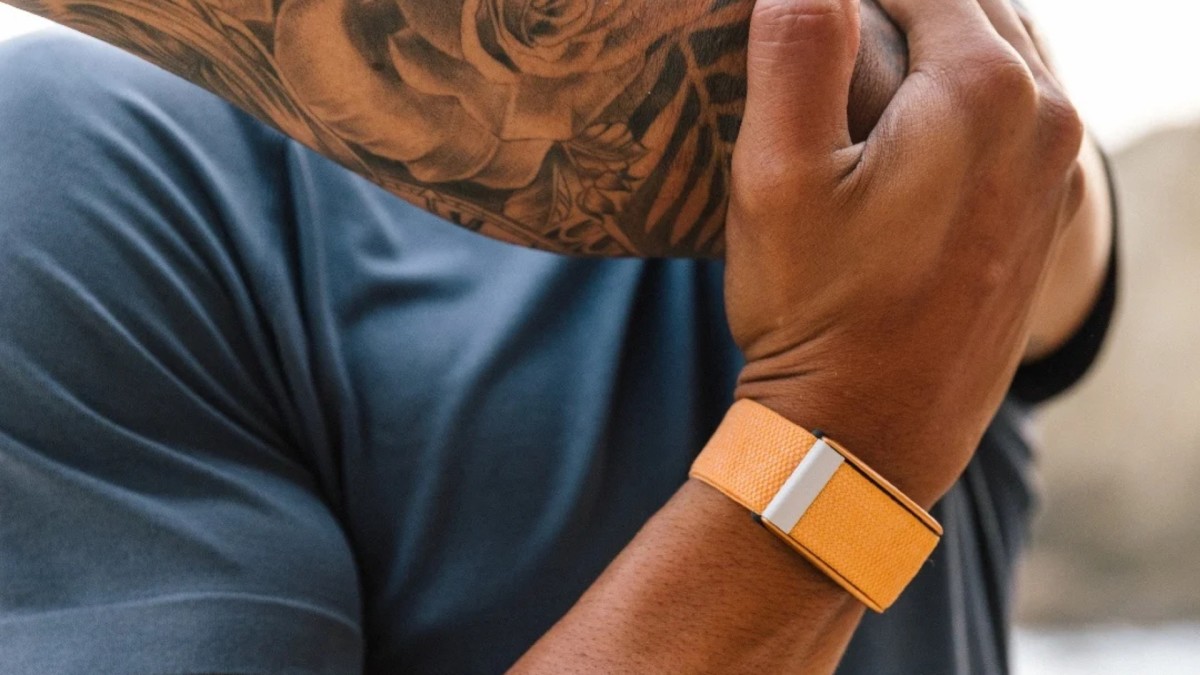Obsessing Over Your Health? The Case for Ditching Fitness Trackers

From monitoring your heart rate to tracking your steps, fitness trackers have changed the way we see health. We’re a nation obsessed with getting things quickly and wearable trackers like Whoop and Oura Ring have made it easier than ever to see our health status in real-time. However, being able to track your health data (especially to monitor heart conditions like atrial fibrillation) at the touch of a button may cause more harm than good, a new study says.
The study, published in the Journal of the American Heart Association, found that wearing fitness trackers to monitor heart conditions like AFib—a condition that causes an irregular heartbeat—might actually make people feel more anxious about their health.
Related: The Best Weightlifting Apps of 2024
According to The American Heart Association, atrial fibrillation (better known as AFib or AF shows up as either an arrhythmia (when your heart beats with an irregular or abnormal rhythm or a quivering sensation. While AFib itself generally isn’t life-threatening, it can lead to stroke, heart failure, blood clots, and other similar heart-related issues. According to its website, an estimated 12 million people are projected to possess this condition by 2030.
While some people may never notice they have AFib, other patients report symptoms like feelings of a fast, fluttering, or pounding heartbeat, shortness of breath, dizziness, chest pain, and more.
There are plenty of reasons an individual may develop this heart condition. According to the Mayo Clinic, a few of the most common include being born with a congenital heart defect, having a heart attack, having sleep apnea, or previously having an infection from a virus.
Related: Athlete Reveals Common ‘Widow Maker’ Heart Attack Symptom You Might Be Ignoring
The study followed 172 patients (both men and women of varying ages) who had AFib. Of the 172, 83 used wearable monitors for a nine-month period, while the others wore nothing. According to the research, wearable users reported higher rates of symptom monitoring and preoccupation, as well as more AFib treatment concerns compared to the individuals not wearing a monitor. In addition, 20 percent of wearable users experienced anxiety and contacted their doctors in response to irregular rhythm notifications.
While there’s no doubt wearable technology that tracks our health in real-time can be positive for tracking steps, body temperature, and sleep patterns, for more serious conditions like AFib, the research suggests it might be doing more harm than good.
If you find yourself obsessing over your wellness, do your best to be mindful of how often you check it. It may even be beneficial to take a break and go tech-free.

